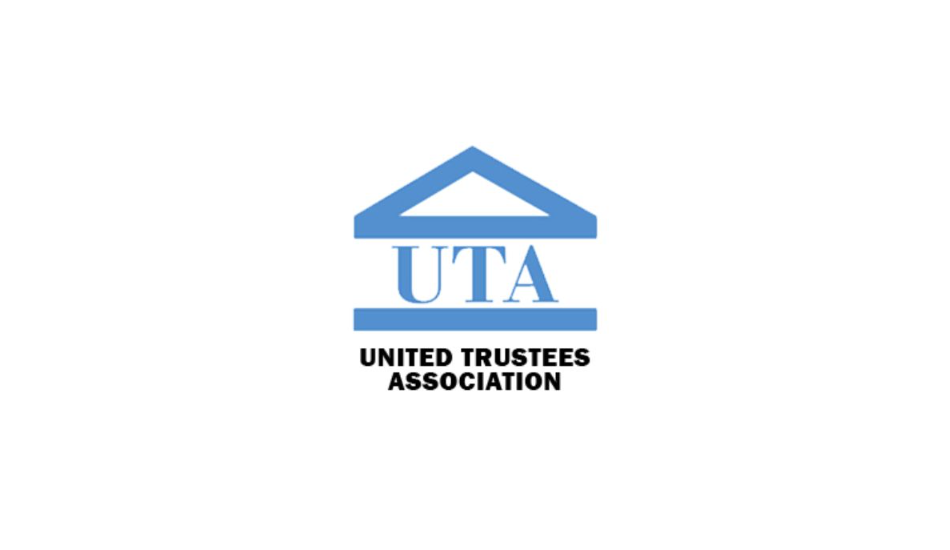Beware: Foreclosure Trustees Have Limited Immunity from Claims Instead of Absolute Immunity

The Fifth Circuit holds that the immunity against claims provided to foreclosure trustees by section 2924, subdivision (d) is the qualified common immunity of section 47, subdivision (c), not absolute immunity, under subdivision (d).
The Problem: California Civil Code § 2924 (d) provides that a trustee’s commu- nications and actions that are necessary to conduct a nonjudicial foreclosure sale are privileged pursuant to “[Civil Code] section 47.” However, when referencing Civil Code §47, Civil Code 2924 (d) does not make the distinction between whether the qualified im-munity under Civil Code 47 (c) applies (which does not provide immunity if the communication is made with malice), or whether absolute immunity under Civil Code 47 (d) applies.
Why the Problem Matters: It might seem simple to just hold that whatever the Trustee is required to do by statute to foreclosure is immunized. However, the effect of such communications on third parties raising claims (e.g. slander of title claims and wrongful foreclosure claims), requires an examination of just how far the privilege extends, and what to do if the trustee is found to have acted in a matter that can be held to be malicious or below the required standard to at least investigate.
Conflicting Authority in Another District: In the Kaur case, the Appellants (borrowers) sought to overturn the grant of a non-suit by the lower court in the favor of the (Lender/Trustee). The un-derlying claim in the case was that the note and the deed of trust to be foreclosed were forged. There were separate non-suit motions. The non-suit motion filed by the Lender/Trustee (which asserted that they had immunity under Civil Code §2924 (d)), was granted by the lower. The court granted non-suit because facts were not alleged by the borrower in their opening statement which would show actual malice by the Lender/Trustee.
The appellate Court overturned the lower court and recognized that the issue has been dealt with extensively in the 4th District, and noted a split of authority. In Kachlon v. Markowitz (2008) 168 Cal.App.4th 316, 340, 85 Cal.Rptr.3d 532 (Kachlon), the Court held that it would be inconceivable to immunize a trustee from malicious initiation of a non-judicial foreclo- sure, and held that the qualified immunity ap- plies. Conversely in Garretson v. Post (2007) 156 Cal.App.4th 1508, 1517–1518, 68 Cal. Rptr.3d 230 (Garretson), the court did a brief examination of the legislative history and found the opposite and that absolute immunity applies.
The Court in the Kaur found that the legislative history behind Civil Code §2924(d) is in fact unclear and concluded, as did the court in Kachlon:
“Moreover, as observed by Kachlon, granting trustees absolute immunity would mean that a trustor has no recourse against an unscrupulous trustee who acts with malice to deprive or attempt to deprive the trustor of his property.”
The Court in Kaur further found that:
“Malicious conduct by its very nature is atypical, goes beyond mere negligence, and is anathema to the notion of a trustee acting as a common agent (albeit with limited duties) to both the beneficiary/creditor and the trustor/ debtor; it has no place within the nonjudicial foreclosure scheme. To grant a trustee absolute immunity for even acts performed with actual malice could well undermine public confidence in the nonjudicial foreclosure process. On the other hand, granting a trustee the qualified immu- nity of section 47, subdivision (c) strikes the appropriate balance…” Kaur v. Dual Arch Internat., Inc., at 368.
Accordingly, the Appeals court in Kaur in fact found that quali- fied immunity was the standard to be applied and remanded the case back to the trial court to allow further proceedings. The court also followed precedent holding that a trustee cannot “turn a blind eye” and avoid evidence of facts which cast doubt on a sale or which should lead to further investigation Kaur v. Dual Arch Internat., Inc., supra at 368, citing Mitchell v. Twin Galaxies, LLC (2021) 70 Cal.App.5th 207. This is a significant finding, giving borrowers room to assert a more expansive duty by a trustee to investigate.
Not great news for Trustees seeking a “silver bullet” to summarily resolve the escalating number of wrongful foreclosure claims in California. Good news for borrowers seeking to “get behind the process” and force accountability from a clearly biased trustee.
Perhaps the California Supreme Court will find a way to recon- cile the cases and find more compelling reason to allow absolute immunity to Trustees merely carrying out their statutory duties while allowing recourse against others, who clearly are abusing the process or “hiding their heads in the sand.” maintain the integrity of the legal process outweighed the bankruptcy protections afforded to Nguyen.
While the automatic stay under bankruptcy law is an essential protection for debtors, the Washington Court of Appeals has clar- ified that it does not prevent all legal actions, particularly in cases where sanctions are sought for abuse of the legal system. This case establishes that creditors and other parties can move forward with seeking sanctions, even when the debtor has filed for bank- ruptcy protection, provided the actions are in line with the regulatory exception of the bankruptcy code.
As a result, this ruling not only aids in maintaining the efficacy of sanctions as a tool to deter litigation misconduct, but it also ensures that bankruptcy protections cannot be used as a loophole to avoid legitimate legal consequences. This is an important development for both creditors and debtors in Washington State, signaling that bankruptcy will not offer carte blanche to engage in frivolous or vexatious litigation.
 Robert McDonald is General Counsel for Quality Loan Service Corporation. He leads and supports all aspects of default services. He can be reached at rmcdonald@quali- tyloan.com.
Robert McDonald is General Counsel for Quality Loan Service Corporation. He leads and supports all aspects of default services. He can be reached at rmcdonald@quali- tyloan.com.
 Mr. Scheer has received an AV (highest rating) from Martindale-Hubbell and received a designation as a Northern California “Super Lawyer” by the Thomson Reuters group. He is an effective and successful litigator and has handled over 200 jury and non-jury trials in State and Federal courts, focusing on creditor and real estate litigation matters. He can be reached at [email protected].
Mr. Scheer has received an AV (highest rating) from Martindale-Hubbell and received a designation as a Northern California “Super Lawyer” by the Thomson Reuters group. He is an effective and successful litigator and has handled over 200 jury and non-jury trials in State and Federal courts, focusing on creditor and real estate litigation matters. He can be reached at [email protected].
Source- Beware: Foreclosure Trustees Have Limited Immunity from Claims Instead of Absolute Immunity
Our
Locations
Northern California Office
155 N. Redwood Drive, Suite 100
San Rafael, CA 94903
Telephone: (415) 491-8900
Facsimile: (415) 491-8910
Southern California Office
85 Argonaut, Suite 202
Aliso Viejo, CA 92656
Telephone: (949) 263-8757
Facsimile: (949) 308-7373
Send Us Your Information &
Get Started Today
Fields Marked With An “*” Are Required


